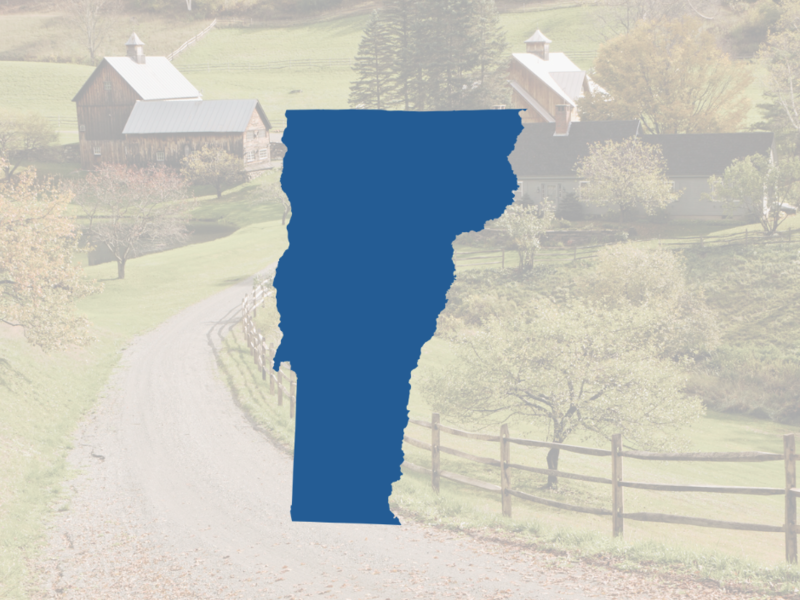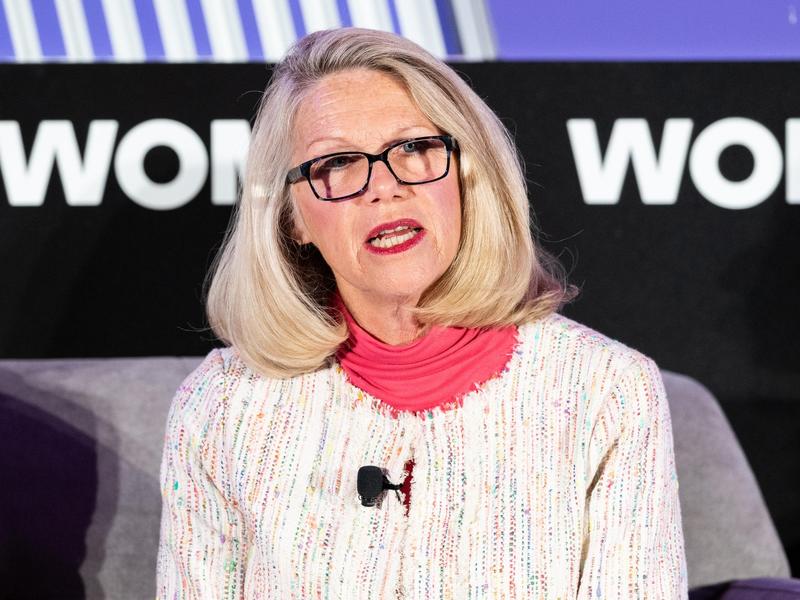
Primary-election debates are like Rorschach tests. People can watch and hear the same things, and reach very different conclusions.
They can see different “winners” too. As of deadline for this column— after Wednesday’s debate but before Thursday’s—I’ve heard or read commentary asserting that almost every candidate on stage in the first debate did especially well. Even New York City Mayor Bill de Blasio, whose performance I thought matched up well with the four-tenths of a point he’s averaging in national polls, got praised by one Washington-based political reporter. Did we watch the same debate?
I expect the same will happen in the Thursday debate as well. No doubt some conservatives and Republicans will probably think the debates resembled the bar scene from Star Wars, a feeling that quite a few liberals and Democrats felt watching the GOP debates in 2016. Different strokes for different folks.
Debates are often overrated as factors in election outcomes, but in a very smart column in The Hill earlier this week, Democratic pollster Mark Mellman argued that primary debates are far more impactful than those in general elections. Mellman pointed to a University of Missouri study showing that in terms of changed votes, primary debates had 10 times the impact of general-election debates. “When partisan allegiance anchors so many political decisions, there are fewer people to move in response to general-election debates,” Mellman explains. “In primaries, however, there are no partisan guideposts.”
With debates, it is important to remember that these aren’t like high school or college debates where winners and losers are declared, individual arguments are scored, and the performance of each debater rated. The criteria here are much different. After each debate is over, viewers should consider several questions: What surprised you? Were there one or two candidates whom you knew little about but found interesting or impressive, that you wanted to learn more about and are now open to possibly supporting? Was there a candidate or two whom you thought highly of before the debate, maybe even would consider supporting, but found to be underwhelming, offensive, or unlikeable?
While the debates aren’t likely to reshuffle the whole deck, Sen. Elizabeth Warren of Massachusetts—whose campaign seemed to have generated some real momentum going in—performed well, cementing her position as a top-tier candidate. A couple of other candidacies had been hardly registering a pulse but now should be taken relatively seriously, notably those of Sen. Cory Booker of New Jersey and former Housing and Urban Development Secretary Julián Castro of Texas.
Going into the debate, the RealClearPolitics average of major polls had Booker at 2.3 percent support and Castro at eight-tenths of a point. It would be surprising if each didn’t move up some. Sen. Amy Klobuchar seemed to do pretty well and will also likely improve her current average of nine-tenths of a point. It would be a surprise if former Rep. Beto O’Rourke picked up any support, though I guess with more exposure, almost anyone could gain something. But he hardly helped himself, and he is arguably the only candidate in the race who is underperforming relative to what anyone would have expected six or seven months ago.
Just going by poll averages, if you add up the vote shares for each candidate, the total is 88 percent. So with only 12 percent that can be seen as “up for grabs,” beyond that 12 it’s a zero-sum game: For someone to gain, someone else has to lose support or drop out entirely. Those who drop out early presumably have little support, so when do those at or near the top of the heap lose ground?
With so long before the first votes are cast, one thing to watch will be the results to a question that the pollsters at Public Opinion Strategies and Hart Research have asked in the NBC News/Wall Street Journal polls this year. Republican pollster Bill McInturff and his Democratic counterpart Fred Yang have been asking respondents, for each candidate running, whether they feel “enthusiastic,” “comfortable,” “have some reservations,” or are “very uncomfortable” with that candidate.
The only answer that hit me as really problematic in a general election was when NBC anchor Lester Holt asked the Wednesday night candidates for a show of hands on ending all private health insurance in favor of a government-sponsored plan. Only Warren and de Blasio raised their hands. Obviously, health care is a complicated issue, with people deeply conflicted. But what we learned both in the fights over Hillarycare in the 1990s and Obamacare in 2009 and 2010 is that with about half of Americans getting their health insurance through employer-provided policies and about 70 percent of them satisfied, there is a real nervousness about giving up what they have, given the skepticism that many have over the federal government’s management of things. If Warren does well, this is something that will be worth watching.
This story was originally published on nationaljournal.com on June 28, 2019









Subscribe Today
Our subscribers have first access to individual race pages for each House, Senate and Governors race, which will include race ratings (each race is rated on a seven-point scale) and a narrative analysis pertaining to that race.